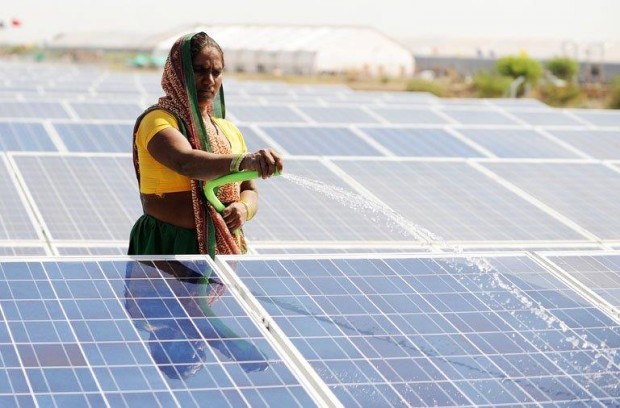Newsletter: Movement Mobilizes To Stop The TPP
By Kevin Zeese and Margaret Flowers for Popular Resistance. Now that the TPP is public, opposition is rising as we see the TPPis actually worse than expected. In an interview with Jaisal Noor of The Real News, Margaret Flowers explains how the TPP was a victory for the corporations on issue after issue, including reducing wages and worker rights, undermining environmental protection, making healthcare more expensive, undermining Internet freedom and more. Kevin Zeese in a conversation with Chris Hedges talks about how the TPP is the greatest corporate power grab in US history and how people have to rise up to stop the race to the bottom that will affect every aspect of our lives.
A few days after the text was released, we highlighted ten shocking realities of the TPP. The final text showed that critics were right about what it would contain. In fact, the TPP is a step backward on many important issues.















